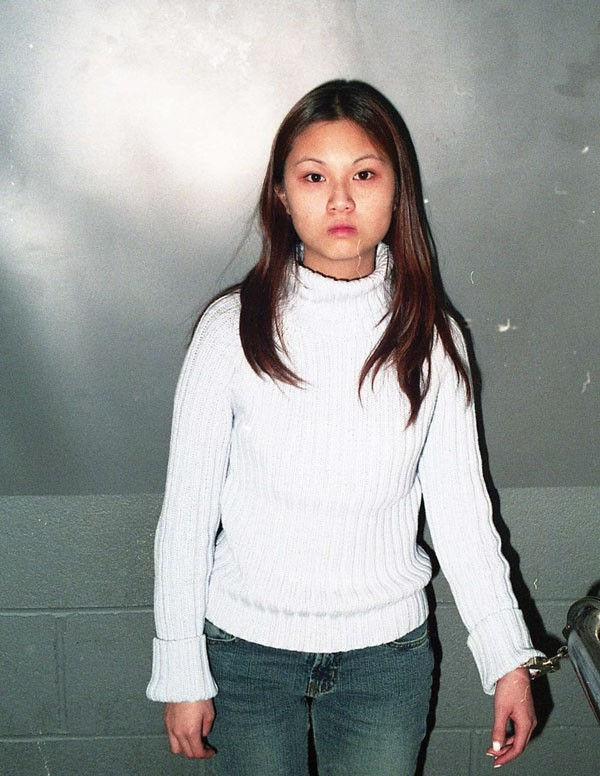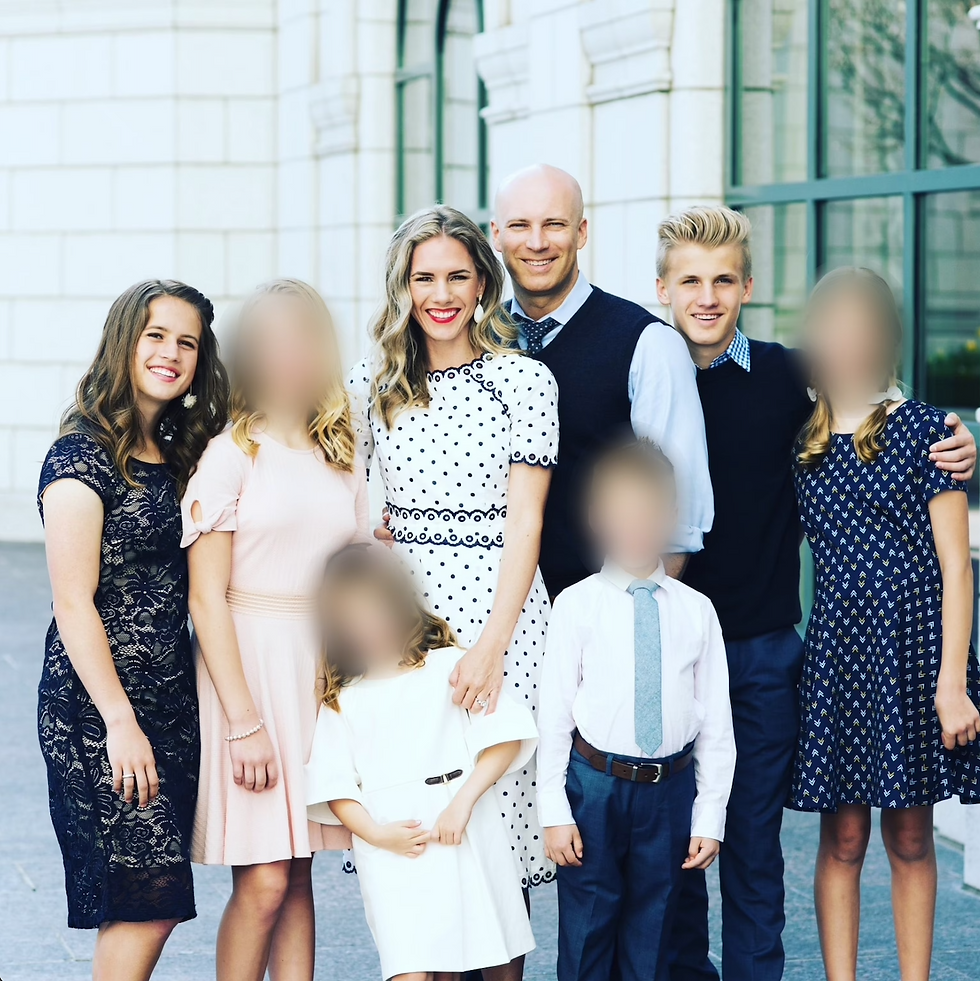HOMICIDE: Frances Choy
- Yasmin Sudarsanam
- Jan 18
- 4 min read
Trigger Warning: The following case includes depictions of graphic violence. Please read at your own discretion.
Wrongful convictions have an unsettling way of shaking our collective faith in justice. The idea that an innocent person could be punished for a crime they didn’t commit feels more than tragic—it feels deeply unjust. Yet, these stories serve as both cautionary tales and calls to action, reminders of the flaws within the systems we trust to deliver fairness. This is the story of Frances Choy.

Just before dawn on April 17, 2003, firefighters arrived at 102 Belair Street in Brockton, Massachusetts, where flames engulfed the home. From the second-floor windows, two teenagers frantically waved for help—17-year-old Frances Choy and her 16-year-old nephew, Kenneth Choy. The fire had trapped them along with Frances’s parents, Anne and Jimmy Choy. It was Frances who had been awakened by her mother’s screams of, “Frances, there’s a fire!” and who dialed 911 in those chaotic moments. Though firefighters extinguished the blaze, tragedy struck that morning: Anne Choy was pronounced dead at the hospital. Jimmy, critically injured, was transferred to another facility, where Frances made the heartbreaking decision to remove his life support after days of anguish.
The Choys had immigrated to the U.S. years earlier, building a life centered around family. Kenneth had joined the household at 13, following his father’s suicide in Hong Kong. But what seemed like a family bound by resilience began to unravel as investigators dug into the fire’s cause. A search of Kenneth’s room revealed a shocking find: handwritten instructions on how to set the house ablaze, complete with details about dousing specific areas with gasoline.
Both Frances and Kenneth were questioned extensively—first at the hospital and then at the police station. Exhausted and reeling from the tragedy, Frances was interrogated for hours, during which she repeatedly denied any involvement in starting the fire. Investigators, however, focused on gasoline residue found on Frances’s sweatpants and Kenneth’s admission that Frances had masterminded the plan. After relentless questioning and threats, Frances, in a moment of exasperation, said, “Fine, I planned it.” She immediately recanted but was charged with two counts of first-degree murder.
Frances spent five years in jail before her first trial in 2008, where the jury deadlocked. That same year, Kenneth was acquitted of murder after his defense argued that Frances had orchestrated the tragedy. In Frances’s second trial, Kenneth testified against her, claiming he had written the notes found in his room and placed gasoline-filled bottles on the basement stairs but insisted Frances had started the fire. His testimony conflicted with findings from fire investigators, who noted the lack of gasoline on key parts of the property, including the couch and stairs.
When Kenneth fled the country to avoid heroin charges before Frances’s third trial in 2011, prosecutors resorted to roleplaying his previous testimony in court—a move that denied Frances the right to cross-examine her accuser. Despite these glaring inconsistencies and the lack of solid evidence tying Frances to the fire, the jury found her guilty on May 16, 2011. She was sentenced to life without parole, a mandatory sentence for first-degree murder in Massachusetts.
Boston attorney John J. Barter, convinced of Frances’s innocence, began a meticulous review of her case. His work, alongside the Boston College Innocence Project (BCIP), uncovered alarming misconduct and new evidence. Among the findings was a witness who claimed Kenneth admitted to setting the fire in retaliation against the Choys for financial disputes. An expert refuted the state’s claim of gasoline residue on Frances’s sweatpants. Police interrogation records, which Brockton officers claimed were never recorded due to lack of equipment, were revealed to be a fabrication by a former detective.
Most damning were emails between the prosecuting attorneys, Karen O’Sullivan and John Bradley, containing overtly racist and derogatory remarks about Frances and her family. These emails demonstrated a clear bias against Frances, undermining the integrity of the prosecution. Additionally, Frances’s legal team discovered that critical evidence had been withheld from her defense during the original trials, a violation of ethical and legal standards.
Judge Linda Giles, who had presided over Frances’s third trial, expressed outrage at the revelations, stating she would have declared a mistrial had she been aware of the emails. In April 2020, Judge Giles ordered Frances’s release pending the resolution of her motion for a new trial. The Plymouth County District Attorney’s Office eventually agreed to vacate the convictions and declined to pursue a fourth trial. Frances was officially exonerated on September 29, 2020, after spending 17 years fighting for her freedom.

Today, Frances is rebuilding her life. She works, lives with relatives, and focuses on the future while carrying the weight of her family’s loss. “My greatest challenge is coming out here and my parents not being out here,” she shared at a BCIP event. “That was the hardest thing for me. Everything out here reminds me of them. But with my family’s support and with my friends’, I try to stay strong and I try to live my life in honoring them, and to be positive and to be the best that I can be because I know that’s what they want from me.” Frances Choy’s story is one of resilience in the face of unimaginable loss and injustice. It serves as a sobering reminder of the flaws within the justice system and the enduring strength of those who fight to clear their names.
Feel free to leave your thoughts, opinions, and questions below! If you want to see more cases similar to this one, like this post to let me know!
Sources:




Comments